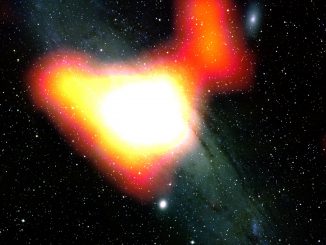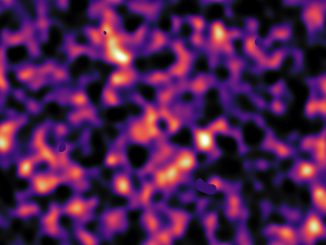
dark matter

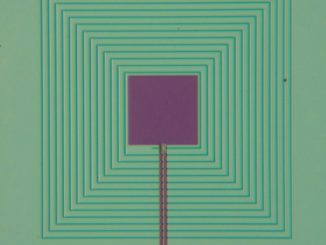
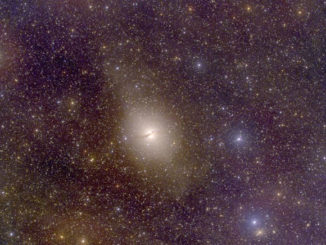

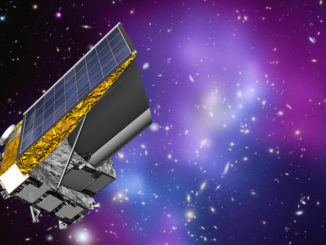
Detector trouble expected to delay ESA’s Euclid dark energy mission
Technical problems discovered during ground testing of U.S.-built detectors for the European Space Agency’s Euclid astronomy mission will delay the completion of the telescope’s scientific payload, jeopardising the observatory’s 2020 launch target, the head of NASA’s astrophysics division said last week.
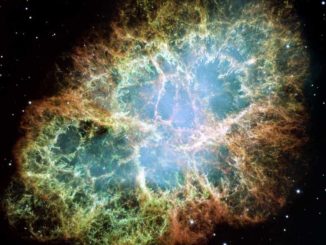
Station-bound instrument to open new chapter in the story of cosmic rays
Physicists are gearing up to send a re-engineered science instrument originally designed for lofty balloon flights high in Earth’s atmosphere to the International Space Station next week to broaden their knowledge of cosmic rays, subatomic particles traveling on intergalactic routes that could hold the key to unlocking mysteries about supernovas, black holes, pulsars and dark matter.


Is dark matter “fuzzy”?
Astronomers have used data from NASA’s Chandra X-ray Observatory to study the properties of dark matter, the mysterious, invisible substance that makes up a majority of matter in the universe. The study, which involves 13 galaxy clusters, explores the possibility that dark matter may be more “fuzzy” than “cold,” perhaps even adding to the complexity surrounding this cosmic conundrum.
